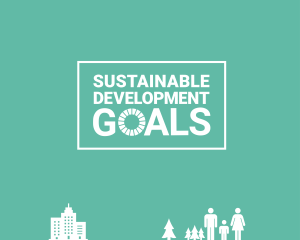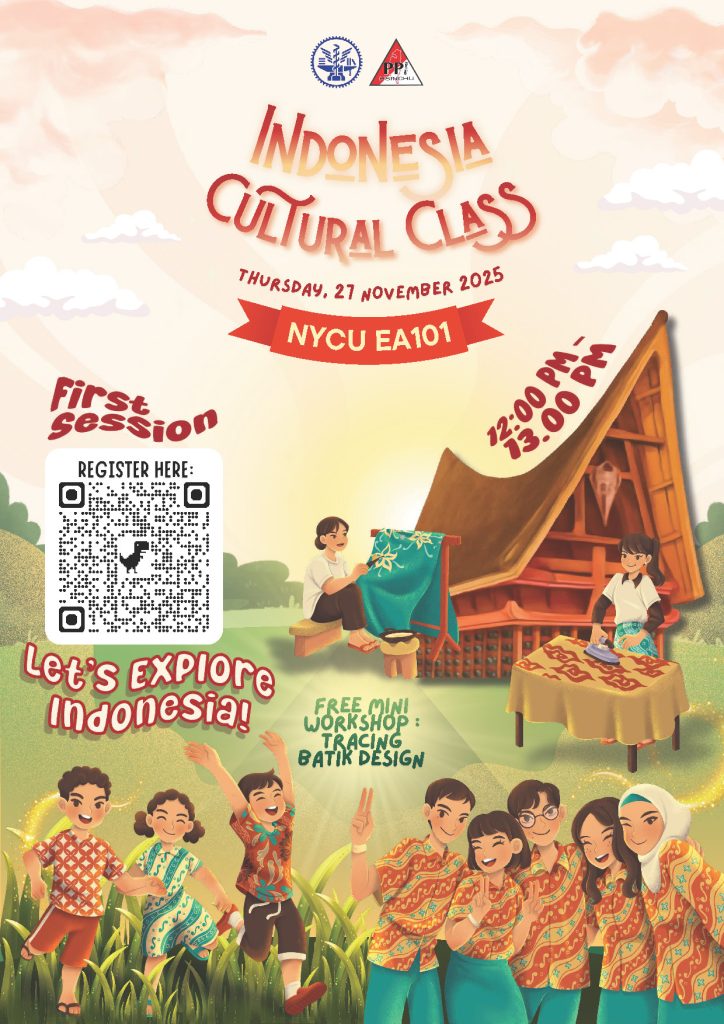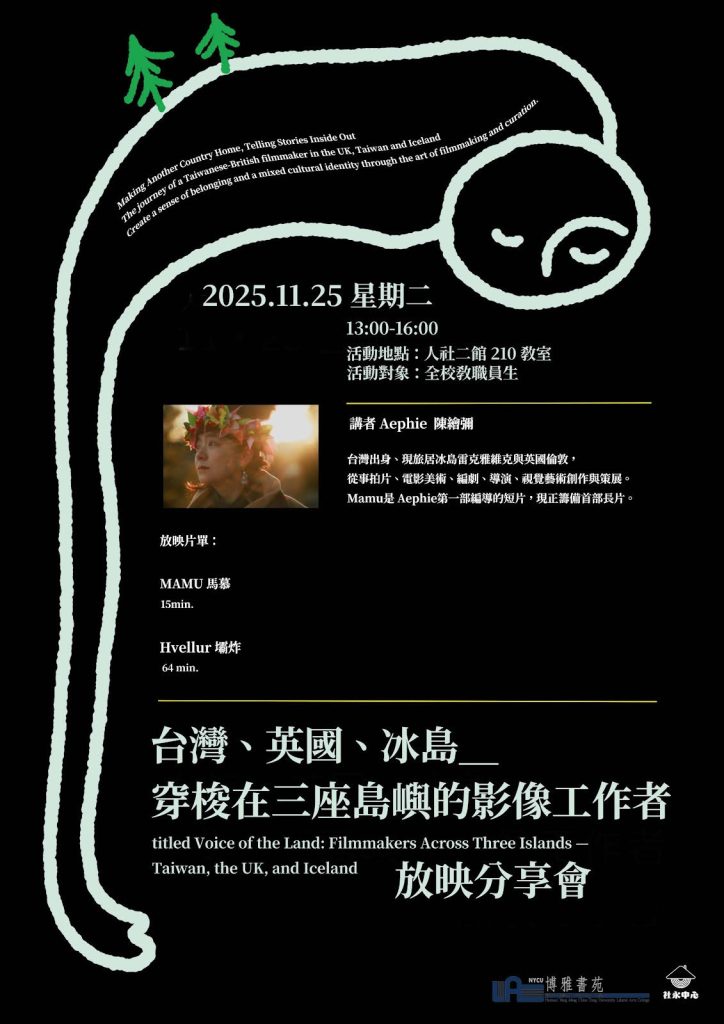This year, two teams representing NYCU achieved outstanding results at the Asia-Pacific and Taiwan Sustainable Action Awards (APSAA) organized by the Taiwan Institute for Sustainable Energy.
Among 247 TSAA and 63 APSAA submissions, NYCU won four major awards. The most recognizable, however, is the submission “The Making of Hsinchu Living Museum for Social Inclusion and Common Good”, which won the Golden Award at the TSAA and the Bronze Award at the APSAA. Also, the submission “Tribal Star Incubation Knowledge Construction on the Ground”, won the Silver Award at the TSAA and the Bronze Award at the APSAA.
“The Making of Hsinchu Living Museum for Social Inclusion and Common Good” was submitted by Associate Professor Wen-Shu Lai of the Institute of Applied Arts. It focused on preserving the Hsinchu Branch of the Former Imperial Japanese Navy’s Sixth Fuel Factory and its surroundings. Centered on the notions of symbiosis, integration, and reconciliation, the project aligns with SDG 11: Sustainable Cities and Communities. By using approaches regarding humanistic reflection, smart technology, artistic practice, sustainable design, and ecological conservation, the Sixth Fuel Factory team preserved the local frosted bats’ habitats and the cultural characteristics of local military dependents’ villages. Furthermore, market events, international theatrical performances, and promotional activities for life education were held, and collaborations with governmental and non-governmental organizations were established to integrate and promote the common good among humans and between human and non-human species. These measures are consistent with SDG 4: Quality Education, SDG 15: Life on land, and SDG 17: Partnerships for the goals.
“Tribal Star Incubation Knowledge Construction on the Ground,”, was headed by Distinguished Professor Ying-Mei Liu of the School of Nursing and implemented by a team of teachers from the School of Nursing, School of Medicine, College of Humanities and Social Sciences, College of Pharmaceutical Sciences, and College of Electrical and Computer Engineering. Through the application of medical education, smart technology, community power, and cultural research, the team implemented medical education for local school children. Moreover, they launched health promotion and smart health care programs that aimed at the elderly, thereby promoting the health of indigenous people and revitalizing locals in remote villages, working toward the main objective of SDG 3: Good health and well-being. The components of the project include promoting health care and entrepreneurship among indigenous people by developing masks with indigenous totem designs, passing on drug safety knowledge, and guiding local children to learn about the pandemic through videos during the pandemic. All of these measures contribute substantially to SDG 4: Quality education, SDG 8: Decent work and economic growth, and SDG 10: Reduced inequality
NYCU will continue to work on its university social responsibility goals by inspiring more faculty members and students to engage in sustainable development and help the university to create a sustainable future.









